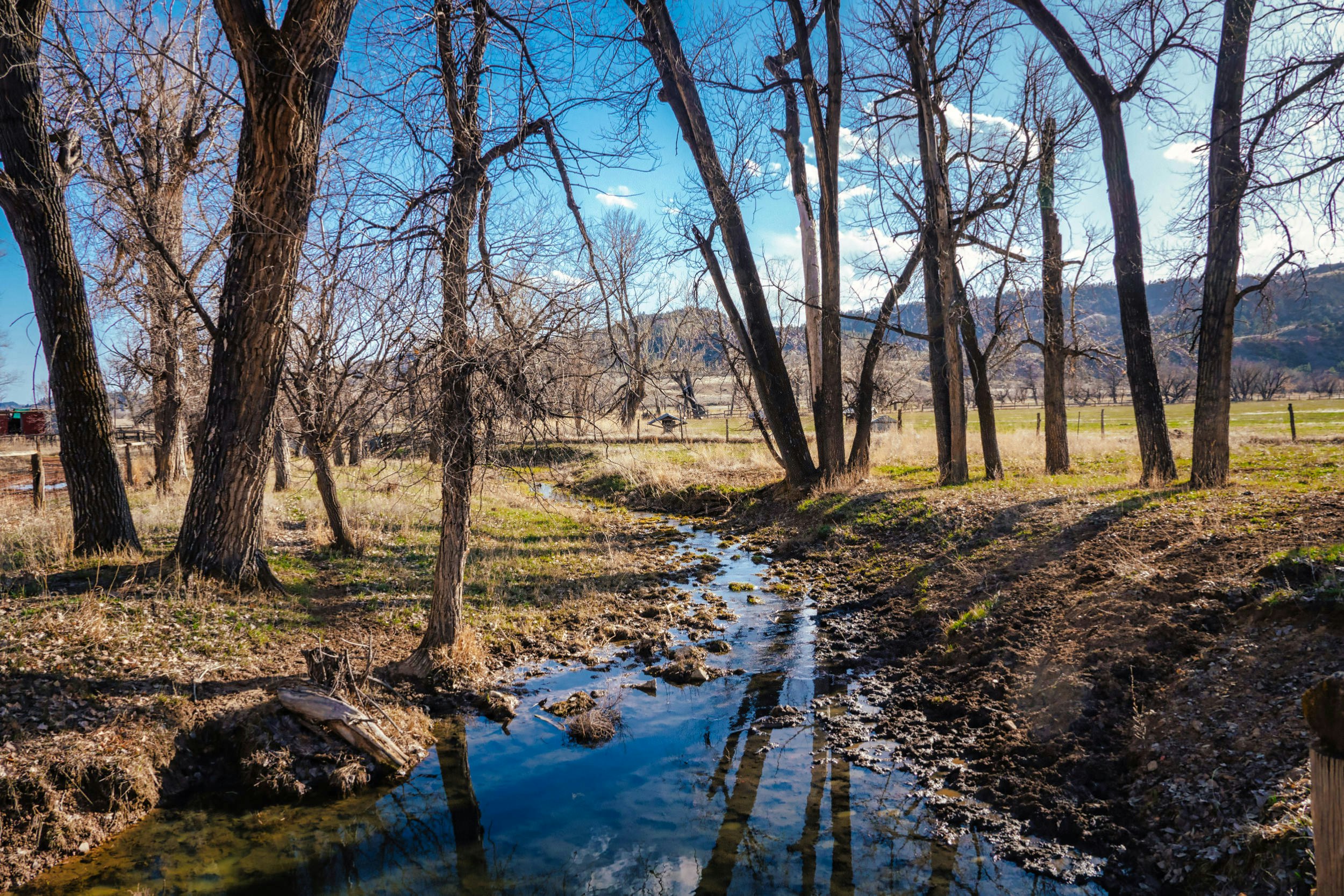I'm currently in Japan to meet with a select group of small producers in three regions of Japan, all with unique beef varieties that we hope to bring to America for the first time.
Though there are many varieties of beef in Japan, each unique in their history and flavor (including the Olive Wagyu from Kagawa Prefecture that we brought to consumers in the USA for the first time earlier this year), they are all related as kuroge washu. Kuroge Washu is a special breed of native Japanese cattle that produces a fine-grained fat on the interior of the meat.

Originally from Japan, Kuroge Washu cows have made their way to the USA and not just in packages. A few weeks ago, I had the privilege of spending some time in Birney, Montana at Omega Beef Inc. with owners Jeanie Alderson and Terry Punt.

Jeanie and Terry raise Kuroge Washu cattle, which produce 100% grass-finished and beautifully marbled Wagyu beef, on thousands of acres of high plains handed down continuously in their family since the 1880s. It is a pleasure to stand on this historic land, looking out over the open pastures, mountainous vistas, and no signs of industrialized civilization. Better yet is watching the Waygu cattle, with their distinctive horns, graze on grassy pastures and amble happily through rolling hills.

You can't help but contemplate the long history of this family farm when you see the original homestead act papers with an authentic signature by the president of the United States at the time of its establishment. This ranch is a very special place, different from Japan or anywhere else, and Omega is the epitome of craft beef.
"We work hard to raise great beef and we are so passionate about our cattle, our land, and our water, so we are thrilled to finally find a beef business that understands our Wagyu cattle and what it means to raise them here in Montana!"
— Jeanie
Yet, as Jeanie explained, getting her Wagyu beef to customers from such a rural location is a real challenge. The general confusion and lack of understanding of what Wagyu even is (see fake kobe beef), combined with their remote location, makes selling their incredible beef incredibly challenging.
There are more cows in Montana than people. Billings, a city whose population barely cracks 100,000 people, is more than three hours away from Omega Beef, which makes sales to restaurants or farmer's markets completely impractical. As a result, this fantastic beef could end up auctioned to the commodity system and shipped to Kansas feedlots to be fed low-cost, high calorie feed. After slaughter, this nearly purebred Kuroge Wagyu beef (75% to 97% DNA) would be graded and sold as generic beef with no mention of Omega Wagyu's open pastures and natural diet of Idaho Fescue, Bluebunch Wheat Grass, Mountain Broam, and other native grasses.

That's where we're here to help. By going to Japan to source Wagyu directly from independent named farms, and educating the market about the breeds, cuts, and how to properly cook it, we are making Wagyu itself more accessible.
"We love that Crowd Cow is helping people choose what tastes they like and it's an honor to work with a business that can share our passion and our product with the people who want it."
— Jeanie
Modern meat enthusiasts finally have a chance to taste Wagyu, whether or not they can make it to Japan. However, Wagyu from Japan will always be a premium cut, given it's very limited availability, strict import quota, and high costs associated with importing. As a result, Wagyu is generally out of most consumers' budgets and unavailable for sale outside of special events.

By going to the effort to source it, explain it, and make many varieties available, we recognize the strong demand for Wagyu beef. For every customer who can afford to purchase Wagyu from Japan, there are many more who are excited to purchase 100% grass-finished Kuroge Washu from a homestead ranch in rural Montana.